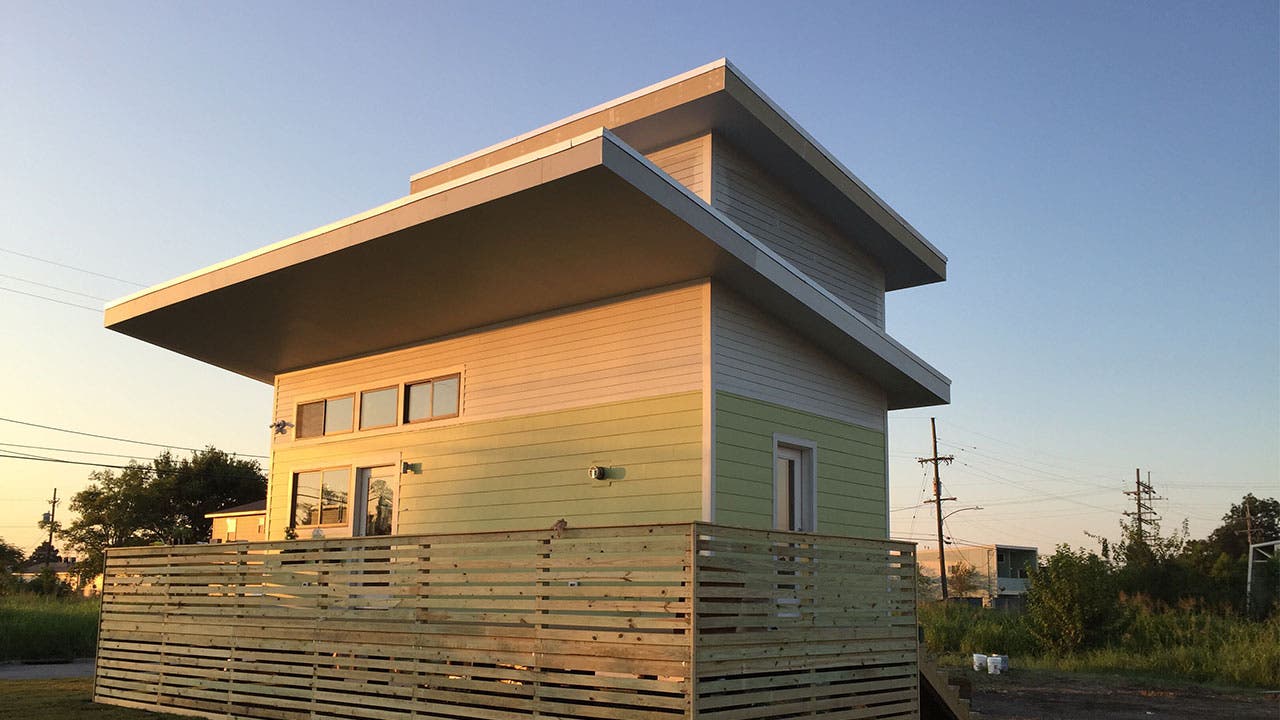The ideal reverse mortgage borrowers also are those who have actually developed considerable and varied retirement savings. "However they have considerable wealth in their home and they want as much spendable funds in their retirement as possible," said Jack Guttentag, professor of finance emeritus at the Wharton School of the University of Pennsylvania (how do adjustable rate mortgages work).
If you don't fully comprehend the home loan, you should likewise avoid it. "These are intricate products," Nelson said. "It's a mind tornado to think about equity disappearing."If you want to leave your house to your kids after you pass away or vacate the home, a reverse home loan isn't a great choice for you either.
If you do not make your property tax and insurance coverage payments, that could set off a foreclosure. Similarly, if you don't react to yearly correspondence from your loan provider, that might likewise prompt foreclosure proceedings. Regrettably, minor infractions like not returning a residency postcard, missing out on tax or property insurance coverage payment, or poor servicing can lead to foreclosure quickly.
If your spouse is not a co-borrower on the reverse home mortgage when you die, what happens next depends upon when the reverse home loan was https://www.dandb.com/businessdirectory/wesleyfinancialgroupllc-franklin-tn-88682275.html taken out. If it was secured on or after Aug. 4, 2014, a non-borrowing spouse can remain in the house after the customer dies but does not receive any more of the loan funds as long as she or he satisfies these eligibility requirements: Married to the customer when the loan closed Remain married till the borrower passes away Named as a non-borrowing partner in the loan documents Live and continue to reside in the home as the main home Able to show legal ownership after the debtor dies Pay the taxes and insurance coverage and preserve the house's upkeepThe borrower and partner need to accredit at the loan's closing and every list below year that they are still married and the partner is a qualified non-borrowing partner.

If these conditions aren't fulfilled, the spouse can deal with foreclosure. For reverse home mortgages gotten prior to Aug. 4, 2014, non-borrowing partners have less protections - how do escrow accounts work for mortgages. The lending institution does not have to permit the non-borrowing partner to stay in the home after the customer dies. A customer and his/her partner can ask a lender to use to HUD to enable the non-borrowing spouse to stay in your house.
Some loan providers provide HECM lookalikes however with loan limitations that surpass the FHA limit. These reverse mortgages often resemble HECMs. However it is essential to comprehend any differences. Know how your reverse home mortgage expert gets paid. If paid on commission, beware if the professional encourages you to take the optimum upfront cash, which suggests a bigger commission.
"Individuals do not look at reverse home loans until https://www.benzinga.com/pressreleases/20/02/p15374673/34-companies-named-2020-best-places-to-work it ends up being a requirement. They can be desperate."There are other methods for seniors to unlock the equity they developed up in their houses over the decades without taking out a reverse home mortgage. If you require the equity for your retirement years, it's essential to consider all choices.
The 9-Minute Rule for What Is The Interest Rate Today For Mortgages

The disadvantage is quiting the family home. But prospective upsides consist of moving closer to household and purchasing a home better for aging in location. which type of organization does not provide home mortgages?. You can either refinance or secure a new home loan if you do not have an existing one and squander some of the equity.
You might likewise borrow against your home equity using a house equity loan or credit line. A loan enables you to take a swelling amount upfront that you repay in installation payments. With a line of credit, you can obtain from it at any time, approximately the optimum amount.